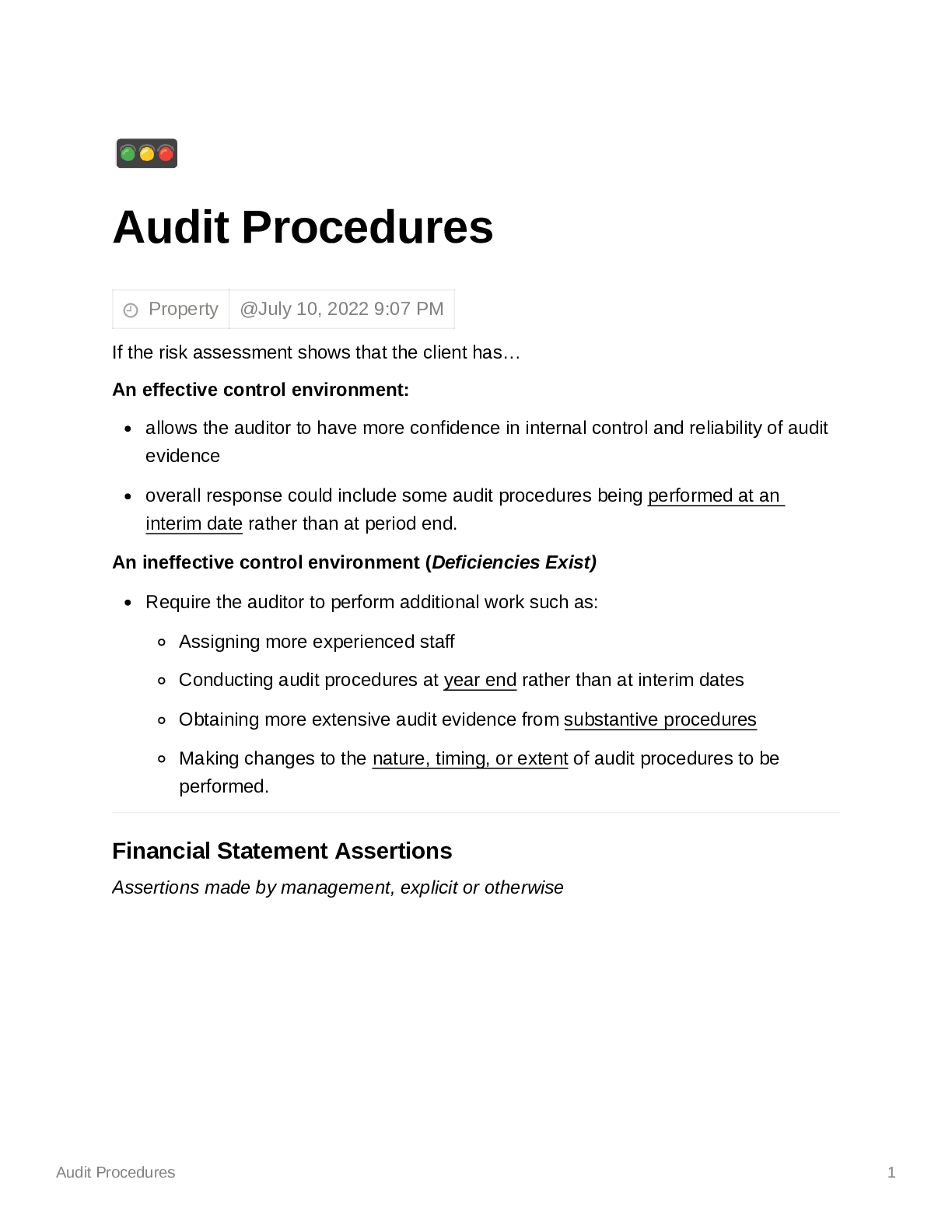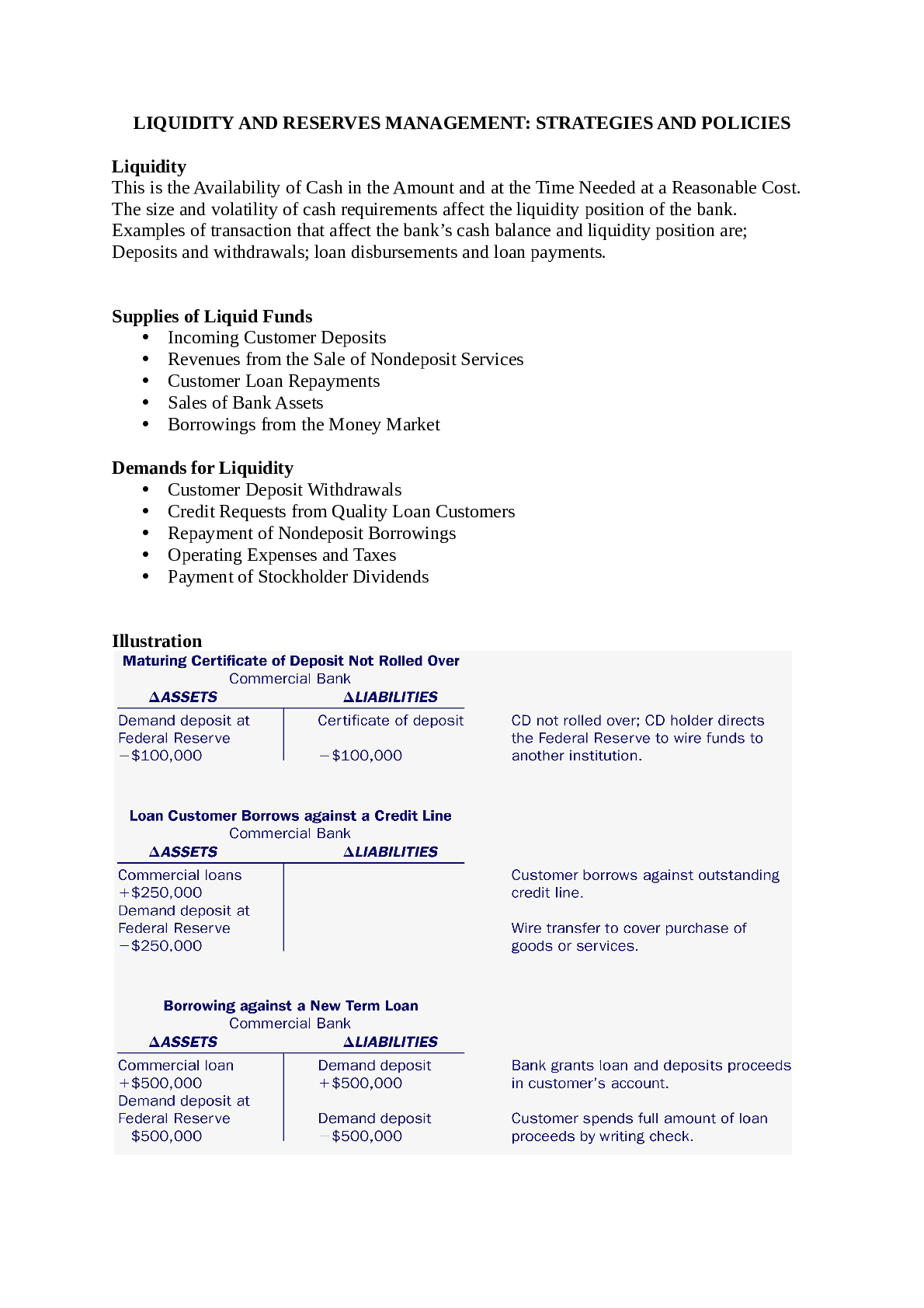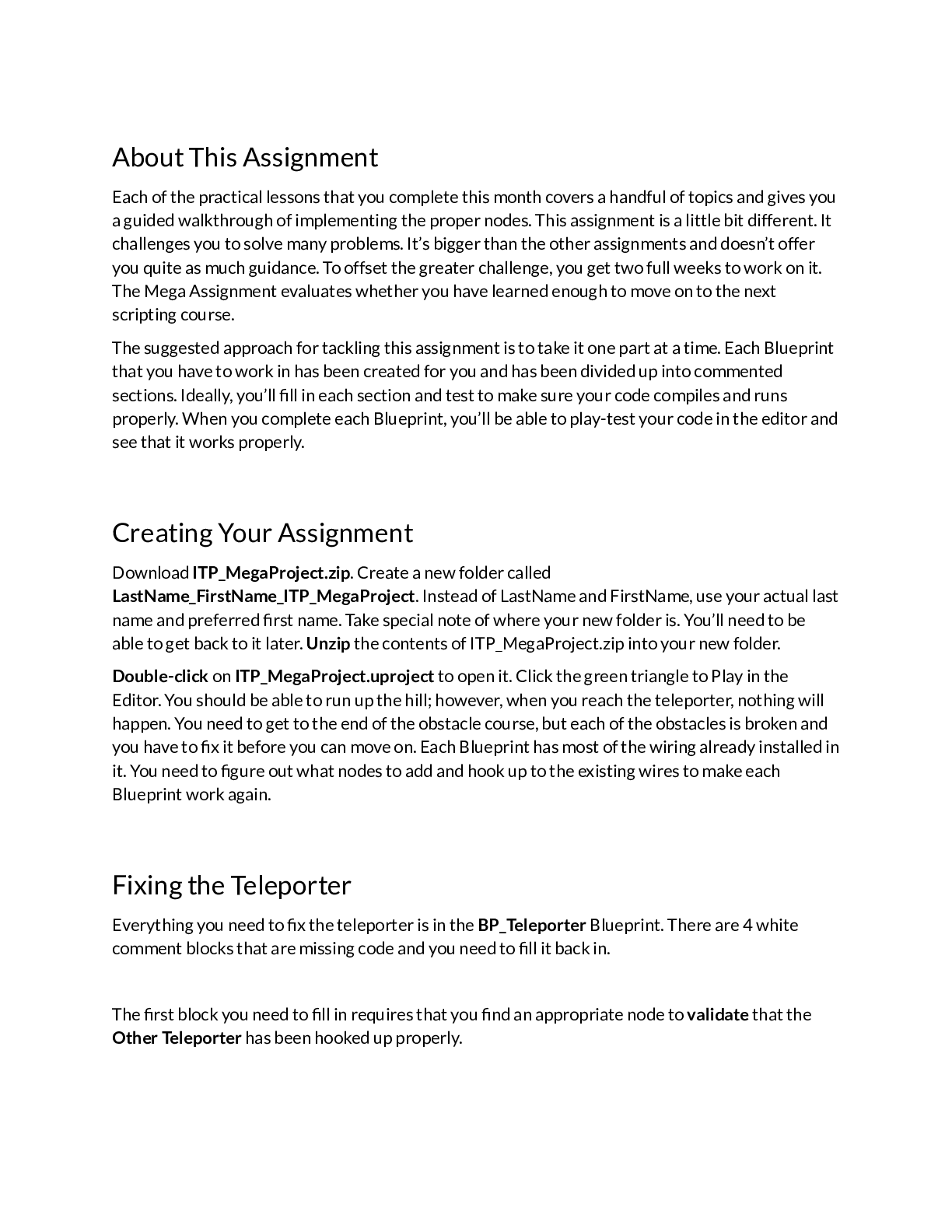Procurement > Research Paper > PROJ6004 Contracts and Procurement_Torrens University Australia. ASSESSMENT 2 Wembley Stadium. Exami (All)
PROJ6004 Contracts and Procurement_Torrens University Australia. ASSESSMENT 2 Wembley Stadium. Examine about the project of the English national Wembley stadium.
Document Content and Description Below
PROJ6004 Contracts and Procurement Executive Summary This report will examine about the project of the English national Wembley stadium. Analysis and evaluation of the complex project are aims of th... is report. The analysis of the given case will divide following sections. There are below: Part A: It is the first main part to summarise the case study and the procurement process. Part B: Finding issues or problems in the case is described in this part. Part C: in the last section, some recommendations based on the analysis of the project are suggested. ASSESSMENT 2 2 Table of Contents Executive Summary 1 Introduction 3 – 4 Background of The New Wembley Stadium . . 3 – 4 Part A – Summary of the procurement . 5 – 7 Part B – Key risks or issues . 8 – 9 Part C – Risk mitigations and recommendations . 10 Conclusion . 11 References . 12 ASSESSMENT 2 3 Introduction Baloyi and Bekker (2011) stated that construction projects have suffered from overruns in both time and cost in global construction industrial market. One of the famous example of projects is The new Wembley Stadium project in UK which was estimated cost around 757 million pounds and to schedule for completion early in 2006 but in the end of the project, the cost has increased twice and completed in 2007 (Warms et al, 2006). The primary analysis behind the overrun was that poor experience project management by Wembley National Stadium Limited (WNSL) had to fail the deliverable of the project. Particularly, in the procurement process, they failed to agreements with stakeholders who were public and private organisations involved and invested money to the project. This report will analyse all aspects related to project procurement management. Background of The New Wembley stadium The Wembley stadium is an iconic property of the English Foot Association that located in Wembley, London. The old stadium was built in 1924. A project for reconstruction of the stadium has begun in 1996. However, the project of construction of the new Wembley stadium began officially in 2002 because of financial difficulties and disagreements between stakeholders. Moreover, the new Wembley stadium is operated by Wembley National Stadium Limited but a wholly owned by The Football Association. References Adriaanse, J., & Robinson, H. (2015). Procurement and Contract Strategy: Risks Allocation and Construction Cost. Design Economics for the Built Environment: Impact of Sustainability on Project Evaluation, 121-136. Doloi, H. (2012). Cost overruns and failure in project management: Understanding the roles of key stakeholders in construction projects. Journal of construction engineering and management, 139(3), 267-279. Gade, R. J. (2016). A proposed solution to the problem of construction industry overruns: lean construction techniques and linear programming. Indian Journal of Science and Technology, 9(25). Mital, K. M., & Mital, V. (2016). Public private partnership and social infrastructure. Computer Society of India: Mumbai, India. Rose, K. H. (2013). A Guide to the Project Management Body of Knowledge (PMBOK® Guide)—Fifth Edition. Project management journal, 44(3), e1-e1. Shane, J. S., Molenaar, K. R., Anderson, S., & Schexnayder, C. (2009). Construction project cost escalation factors. Journal of Management in Engineering, 25(4), 221-229. Thai, K. V. (Ed.). (2008). International handbook of public procurement. CRC Press. Van Marrewijk, A., Clegg, S. R., Pitsis, T. S., & Veenswijk, M. (2008). Managing public– private megaprojects: Paradoxes, complexity, and project design. International journal of project management, 26(6), 591-600.ASSESSMENT 2 14 Meng, X. (2012). The effect of relationship management on project performance in construction. International journal of project management, 30(2), 188-198. Baloyi, L., & Bekker, M. (2011). Causes of construction cost and time overruns: The 2010 FIFA World Cup stadia in South Africa. Acta Structilia, 18(1), 51-67. Warms, C. M., Doyon, J. M., Malatesta, N. T., & Cubin, N. T. (2006). Wembley Regeneration Index. Harrison, J. S., Bosse, D. A., & Phillips, R. A. (2010). Managing for stakeholders, stakeholder utility functions, and competitive advantage. Strategic management journal, 31(1), 58-74. Loosemore, M., Raftery, J., Reilly, C., & Higgon, D. (2012). Risk management in projects. Routledge. Tao, N. B., & Hutchinson, M. (2013). Corporate governance and risk management: The role of risk management and compensation committees. Journal of Contemporary Accounting & Economics, 9(1), 83-99 [Show More]
Last updated: 2 years ago
Preview 1 out of 15 pages
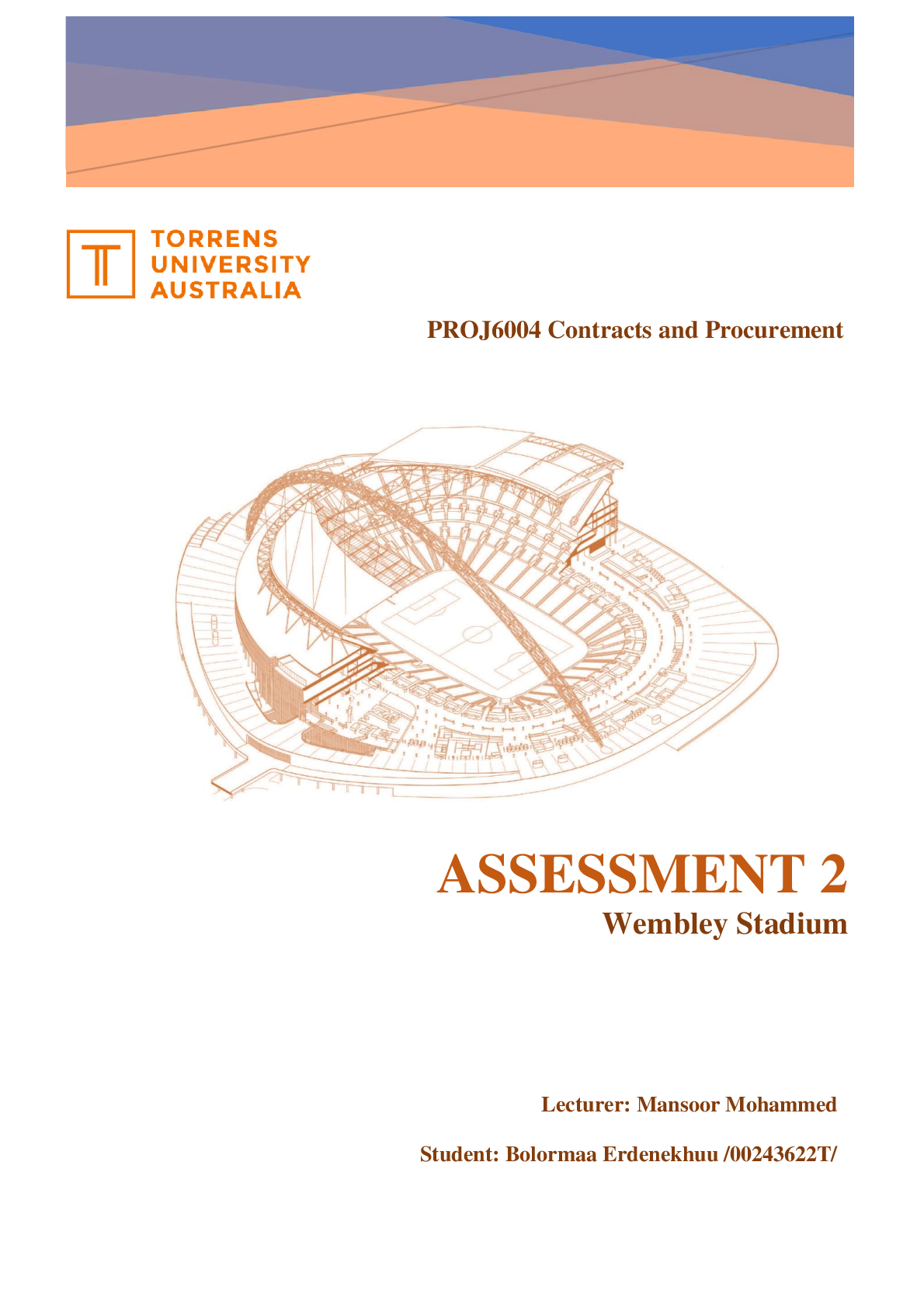
Buy this document to get the full access instantly
Instant Download Access after purchase
Buy NowInstant download
We Accept:

Reviews( 0 )
$5.00
Can't find what you want? Try our AI powered Search
Document information
Connected school, study & course
About the document
Uploaded On
Jan 19, 2023
Number of pages
15
Written in
Additional information
This document has been written for:
Uploaded
Jan 19, 2023
Downloads
0
Views
77

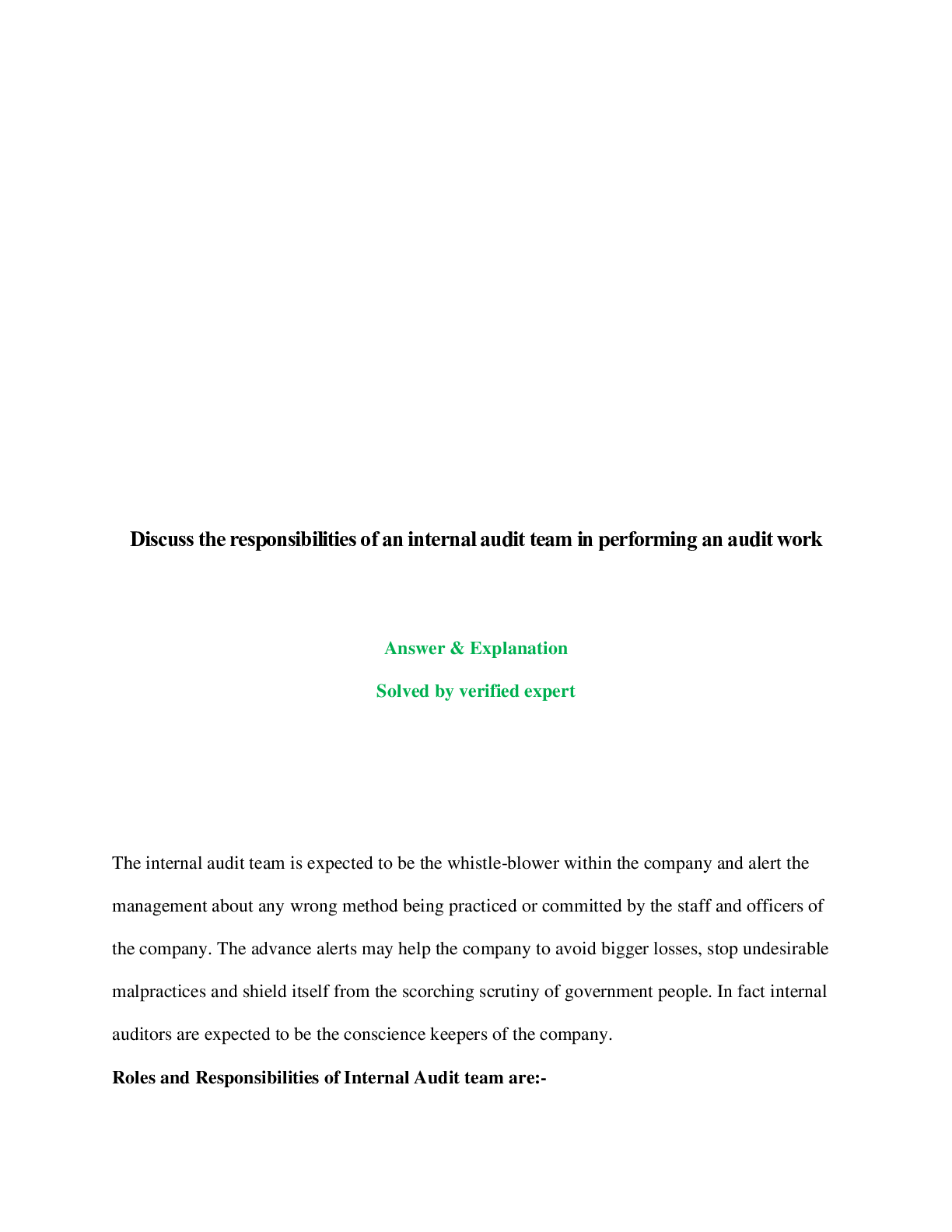
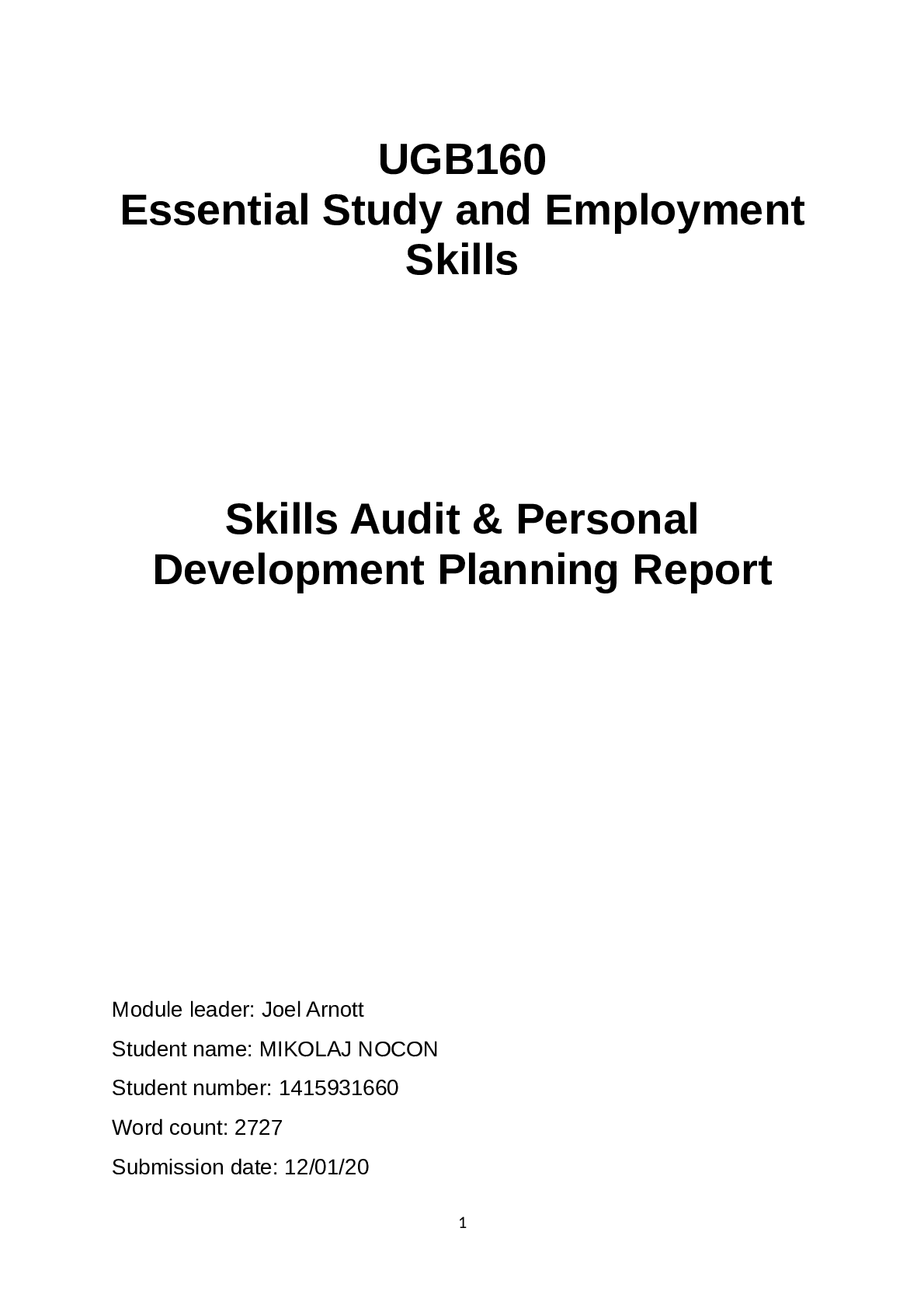
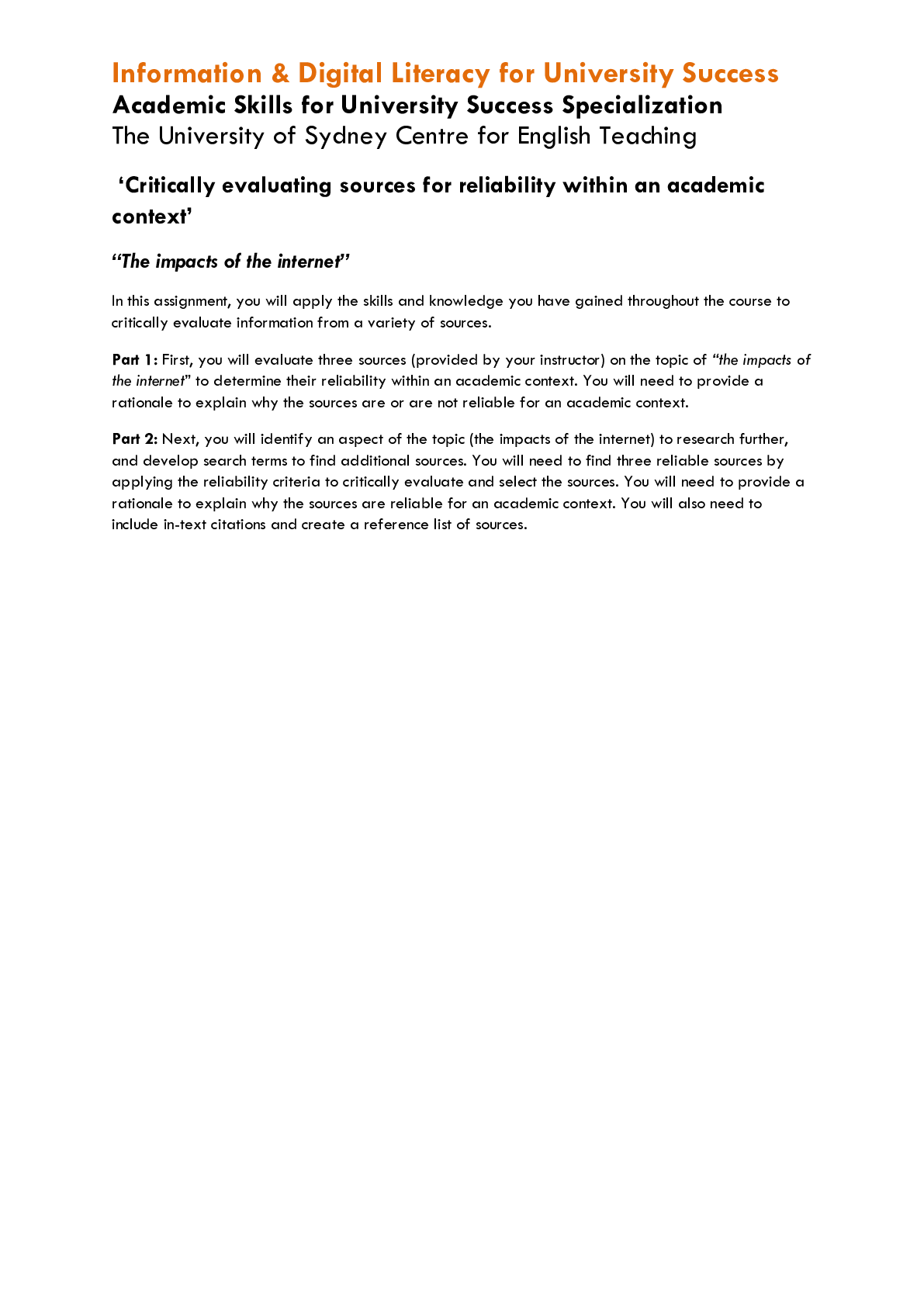

dfdfefe.png)



